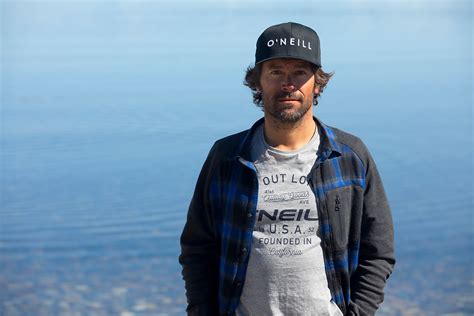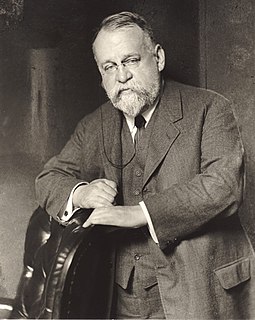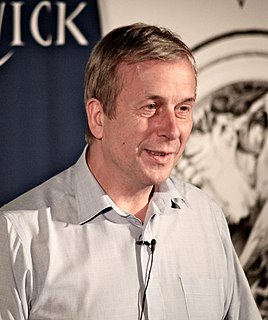A Quote by Ken Livingstone
What do we do about climate change bearing down upon us?
Related Quotes
Despite the international scientific community's consensus on climate change, a small number of critics continue to deny that climate change exists or that humans are causing it. Widely known as climate change "skeptics" or "deniers," these individuals are generally not climate scientists and do not debate the science with the climate scientists.
When I was energy and climate change secretary I sat around a cabinet table with Gove, and he couldn't help playing to the Tory climate-sceptic audience. As education secretary, he tried to ban climate change from the geography curriculum. After an angry exchange of letters with me, he eventually backed down.
It's very hard to track down what's real and what's not real. We haven't absorbed what climate change is doing. Because whether people associate it or not, fear of immigration is completely related to climate change, because the mass migrations that are happening, the war in Syria, all of these structural human migrations are related to climate change.
"Oh, when we are journeying through the murky night and the dark woods of affliction and sorrow, it is something to find here and there a spray broken, or a leafy stem bent down with the tread of His foot and the brush of His hand as He passed; and to remember that the path He trod He has hallowed, and thus to find lingering fragrance and hidden strength in the remembrance of Him as "in all points tempted like as we are," bearing grief for us, bearing grief with us, bearing grief like us."
The military profession, especially in the long-established great powers, is deeply pessimistic about the likelihood that people and countries will behave well under stress. Professional officers are trained to think in terms of emergent threats, and this [climate change] is as big a threat as you are going to find. Never mind what the pundits are telling the public about the perils of climate change; what are the military strategists telling their governments? That will tell us a great deal about the probable shape of the future, although it may not tell us anything that we want to hear.
Climate scientists think of nothing but climate and then express their concerns in terms of constructs such as global mean surface temperature. But we live in a world in which all sorts of change is happening all the time, and the only way to understand what climate change will bring is to tell stories about how it manifests in people's lives.
Being told about the effects of climate change is an appeal to our reason and to our desire to bring about change. But to see that Africans are the hardest hit by climate change, even though they generate almost no greenhouse gas, is a glaring injustice, which also triggers anger and outrage over those who seek to ignore it.


































